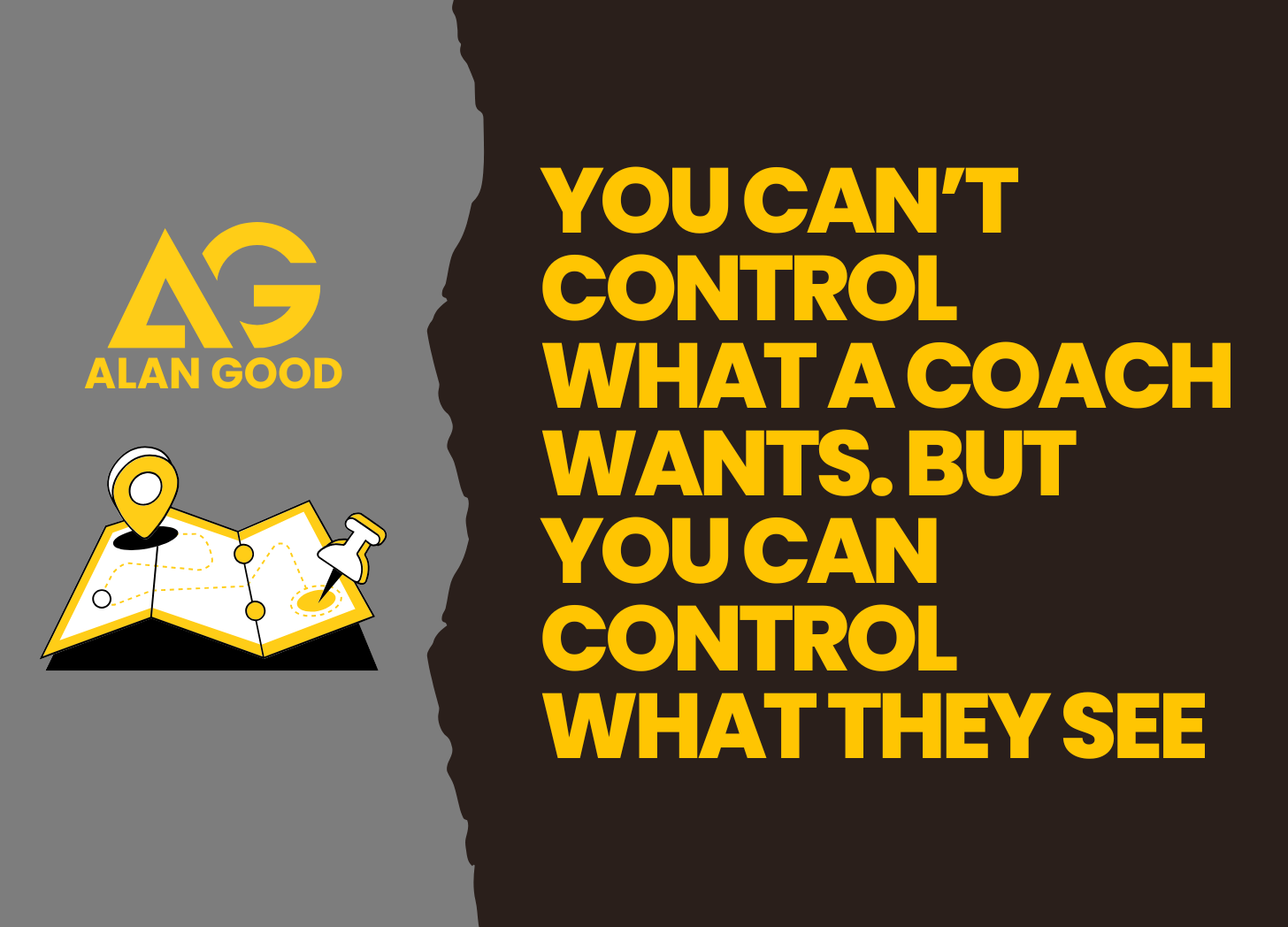What matters more: talent or work ethic?
Every coach is weighing your risk vs your reward - here’s how to tip the scale
Every coach has asked this question.
Every recruit should too.
Would you rather have a player with serious skills but a questionable engine…
Or a relentless grinder who might never be great?
The answer isn’t simple.
But the debate is real.
The Problem
Each year, this plays out:
A player with great hands and terrible habits
A player who plays like her life depends on it - but the skill level isn’t there
Who do you take?
Some coaches won’t touch a player who doesn’t work hard.
They believe grit is non-negotiable - and if you don’t have it now, it’s hard to develop later, given it’s tied to your character.
Others will bet on talent, thinking, “I can coach effort into her. Raise the bar. Hold her accountable. Get her to care.”
Some coaches are risk-tolerant - they’ll roll the dice on ability. Others prefer a sure thing, even if the ceiling is lower.
Neither side is wrong.
But both are making a choice.
What Coaches Are Really Weighing
Talent and work ethic aren’t binary.
They sit on a spectrum, and coaches have to weigh where you fall.
If your work rate is elite, they might forgive some skill gaps
If your skill level is high, they might gamble on your buy-in
If both are average? It’s a pass.
The mistake families make is assuming all coaches value the same traits.
They don’t.
Some are culture-first. Others chase ceiling.
Some want day-one contributors. Others want high-upside projects.
Which means…
You can’t control what a coach wants.
But you can control what they see.
One Thing That Works
Show coaches your floor.
In games, on film, and especially when things go wrong.
How hard do you run when you're tired?
How quick are you to regroup after a mistake?
How often do you raise the standard instead of waiting for one?
Every coach wants something different.
But none of them want passengers.
Reality Check
Hard work won't turn you into an All-American if the talent isn't there.
Talent won't get you to the next level if you're not willing to suffer for it.
But the rare players who bring both?
They’re the ones everyone wants.
Be honest about where you fall, then get to work closing the gap.
Self-awareness is a skill — and a competitive advantage.


